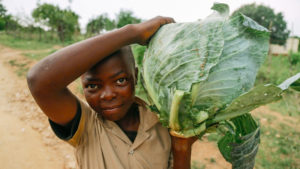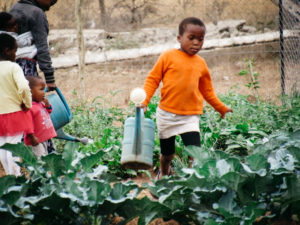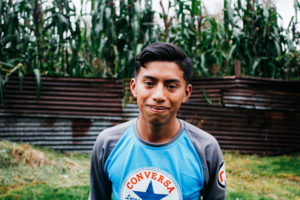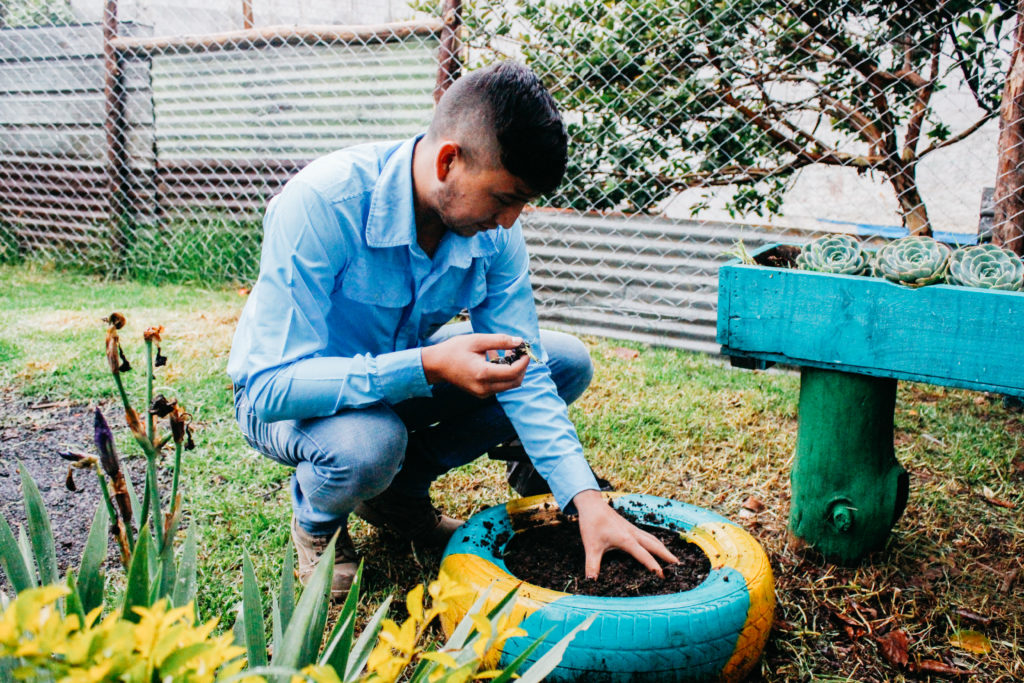The coronavirus pandemic has caused vast food shortages and limited access to adequate nutrition in vulnerable communities around the world.
People who are living in poverty are disproportionately affected by famine and hunger in the wake of a pandemic. This April, the United Nations predicted famines of biblical proportions as a result of the COVID-19 pandemic.
Every human deserves access to adequate nutrition. We encourage those who have enough resources to extend their table to those currently living at the margins. Together, we can help meet both the immediate, critical needs for food, and also implement long-term solutions for food security.

Children’s HopeChest is implementing a two-stage approach.
Stage 1 – Immediate food relief kits will supply desperate families with critically needed food and supplies
Stage 2 – Training and start-up equipment and seeds for family and community gardens to secure longer term and ongoing agricultural-based solutions to improve local food security

In addition to meeting the physical needs of hunger, Children’s HopeChest works toward decreasing the handout mentality and empowering people living in poverty to have hope and take ownership of their future.
When impoverished individuals in a community take ownership of crops and are no longer dependent on others to give them food — a basic survival need — they experience restored dignity. It is an innate desire for parents to provide adequate nutrition for their children, but many parents who live in extreme poverty experience shame and humiliation when they cannot fulfill this desire. When parents and guardians learn how to cultivate their land they can provide for their children. Growing their own source of food is purposeful and promotes feelings of resilience and independence.
HopeChest’s agricultural programs also teach children how to plant and grow produce. Children are the future of nations, and eradicating poverty begins by equipping children with the skills they need to become independent as they grow older.

All around the world, agriculture is empowering children and their families to eat nutritious foods and become more self-sustaining.
You can be a part of someone’s story of hope. Invest in support where it is needed most.






